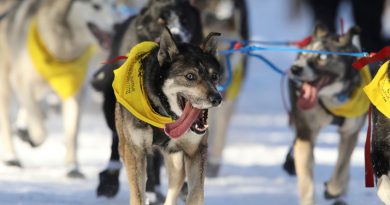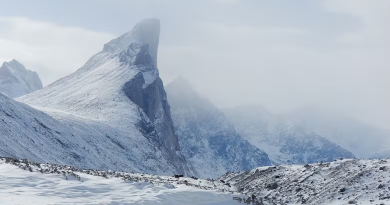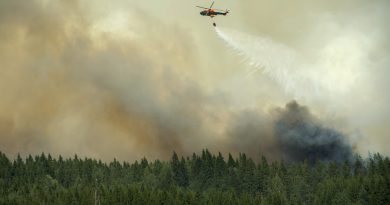Nunavut’s chief coroner working to recruit a coroner for every community
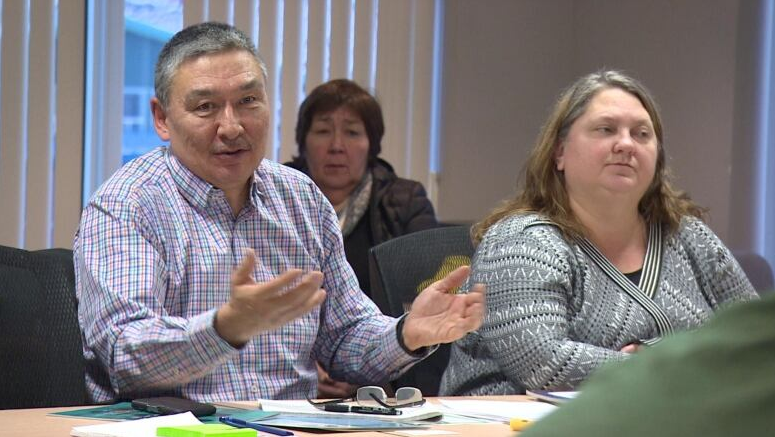
Charlie Tautuaqjuk has been a coroner in Baker Lake for two years.
He says it’s a valuable job that helps provide answers and closure to families when a loved one dies.
But, it’s a difficult job, even on the best of days, he says.
“When dealing with deceased whether it’s natural or suicide, it’s not made for everyone,” said Tautuaqjuk, who says his background as a member of the RCMP helps.
Tautuaqjuk visited Iqaluit this week for territory-wide training of all Nunavut community coroners. The group met with the chief and deputy chief coroner, along with the RCMP major crimes unit, victims services and a pathologist who spoke about autopsies.
He said all Nunavut communities should be able to offer coroner’s services. When a community doesn’t have a coroner, difficult deaths are made even harder.
“It’s important to provide support to our community,” said Tautuaqjuk. “It’s important to provide some answers and guidance.”
Coroners needed, Copland says
Nunavut’s chief coroner, Elisapi Copland, is working to recruit volunteer coroners for every community. She says families benefit from working with a coroner they know at a community level.
Right now, there are seven community coroners across the territory, in Arviat, Baker Lake, Cambridge Bay, Rankin Inlet and Iqaluit. Hamlet councils approve applications for community coroners.
When there is a death and a community has no coroner, RCMP and health staff contact the chief coroner’s office.
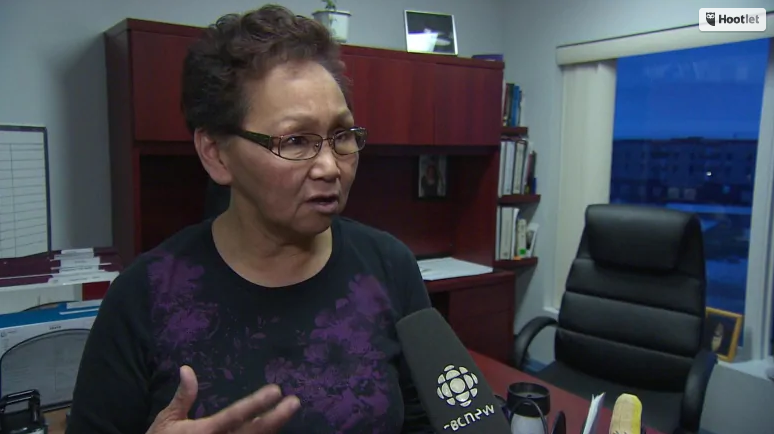
Community coroners need to be comfortable writing reports and with working with nurses and RCMP, said Copland.
“In a small community you know everybody. It could be a relative. I think it would be a lot harder being a coroner being in your own home town. It’s a very sensitive issue,” she said.
Related stories from around the North:
Canada: Former officers call on leaders of Canada’s federal police to do more to recruit Inuit, CBC News
Finland: Police in Northern Finland overstretched, says retiring officer, Yle News
United States: Lack of village police leads to hiring cops with criminal records in Alaska: Anchorage Daily News, Alaska Public Media

